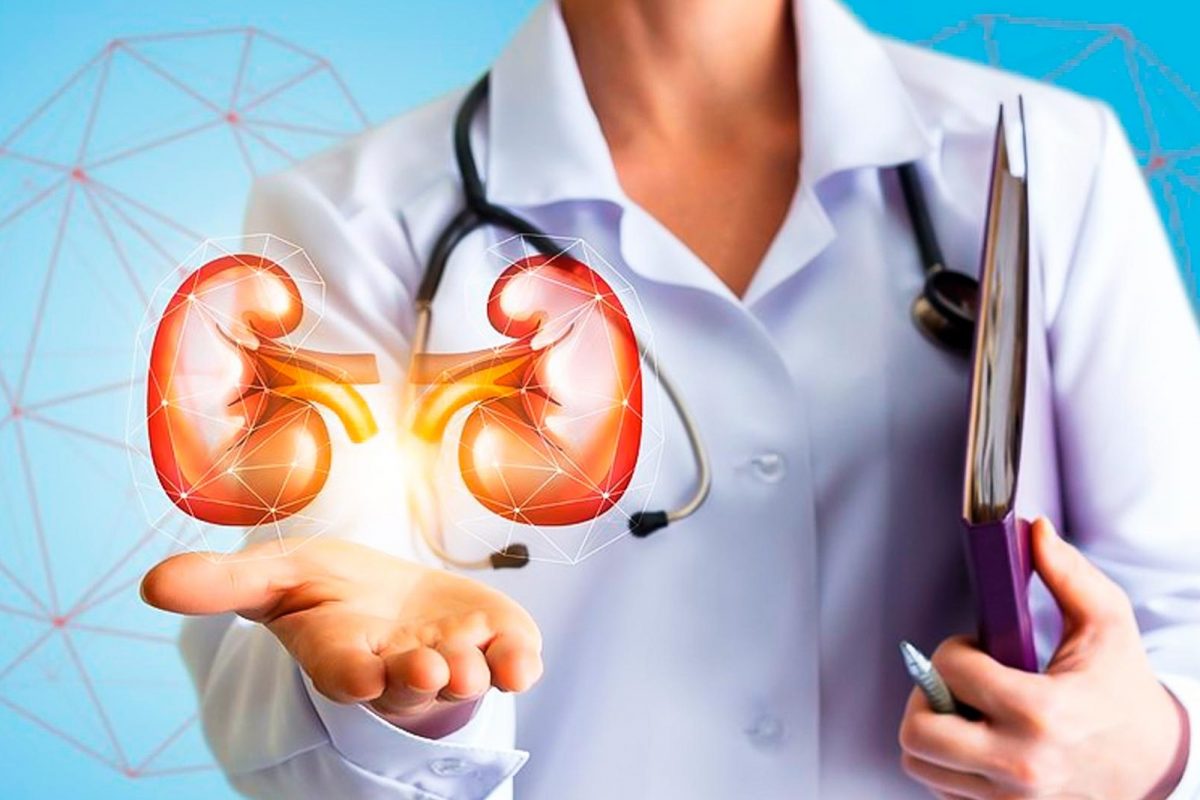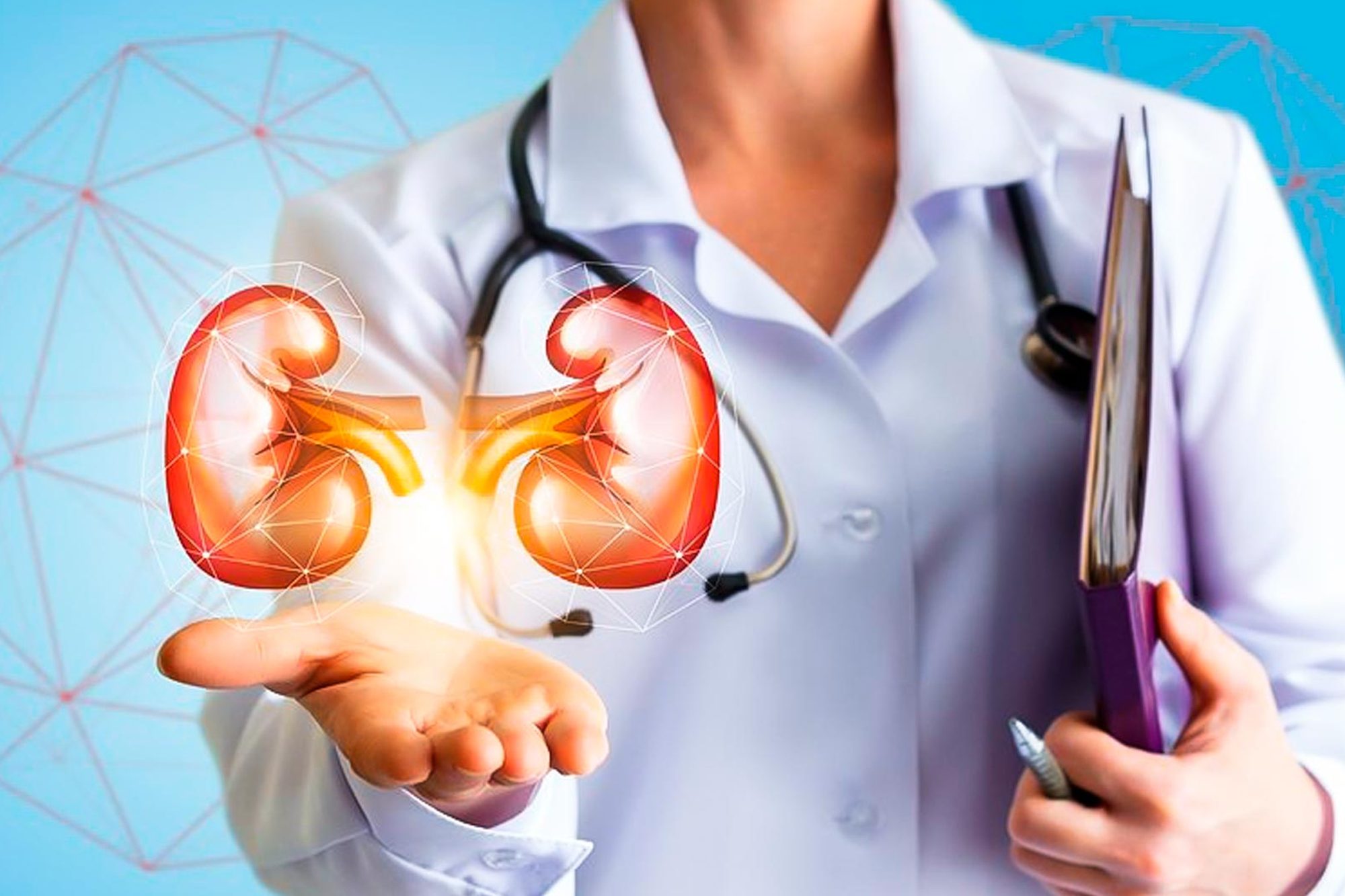The causes, symptoms and treatment of kidney stones

Nephrolithiasis or kidney stones as it is better known is a disease that is caused when hard deposits made up of minerals and salts are formed within the kidney or urinary tract. While smaller stones of about 5 mm can pass out of the body unnoticed along with urine, larger stones can be quite painful and might require surgery if they become lodged in the urinary tract causing infection or other complications.
What causes kidney stones?
Dehydration is the leading cause of developing kidney stones in the body. People who drink less water than the recommended 8-10 glasses per day are at a higher risk of developing it. Less water makes the urine more acidic which in turn leads to the formation of crystals that get embedded in the kidney tissue to form stones. Obesity, high blood pressure, and an unhealthy diet rich in sugar and salt (Sodium) increase the risk of developing calcium stones. Family history and previous occurrence of kidney stones also puts a person at risk.
Kidney stones disease symptoms
A kidney stone remains undetected till it passes into the ureter and symptoms vary depending on the size. The pain experienced due to a kidney stone may change its intensity and location as it moves through the urinary tract. Some of the common symptoms include:
- Pain in the lower abdomen and groin (in the case of males)
- Pain/ burning sensation during urination
- White blood cells/pus in the urine
- Reduced amount of urine
- Vomiting and nausea
- Fever and chills (in case of infection)
Kidney stone treatment
An ultrasound, CT scan or intravenous pyelography (IVP) can help in detecting the exact size and location of kidney stones. The doctor might collect kidney stones and run some tests to determine their constituting mineral which will affect the course of treatment. Four kinds of stones that are commonly formed in the human body include calcium stones, struvite stones, uric acid stones, and cystine stones. As large stones do not pass out on their own, they need to be broken down using sound/shock waves, ureteroscope or by performing a surgical procedure called nephrolithotomy.
Doctors usually recommend patients to drink ample fluids to facilitate the passage of kidney stones and make the process less painful. Anti-inflammatory drugs such as ibuprofen or ketorolac or acetaminophen have to be administered to ease pain and help combat symptoms such as vomiting and nausea. Certain medications can also control the amount of salt and minerals present in urine to prevent their formation in the future.
Chronic kidney problems can disrupt the normal flow of life by causing trouble in performing everyday activities such as drinking water, exercising and urinating. Kidney stone symptoms should not be ignored as early detection allows for kidney stone treatment at home with only mild medication and by taking a few preventive measures. It is critical to choose an expert medical professional who can recommend the best treatment possible based on your particular condition.
Regency Healthcare has a team of qualified kidney specialists who are dedicated to providing personalized care to patients and ensuring their speedy recovery. To know more about types of kidney diseases, their symptoms, and available treatment, visit.
Request a call back



 Call-an-Ambulance
Call-an-Ambulance



